Picture this: you’re planning your dental journey for a healthier, brighter smile. In the realm of dental care, one procedure that often arises is wisdom teeth extraction. Whether you’re a seasoned traveler for dental care or just beginning to explore your options, understanding the importance of wisdom teeth extraction can lead you towards optimal oral health. At Guatemala Dental, our commitment to excellence drives us to provide you with insights into the world of dental care. In this article, we’ll delve into the six compelling reasons for wisdom teeth extraction, shed light on a crucial statistic, offer pre- and post-op advice, and emphasize the personalized care we advocate.
Six Key Reasons for Wisdom Teeth Extraction
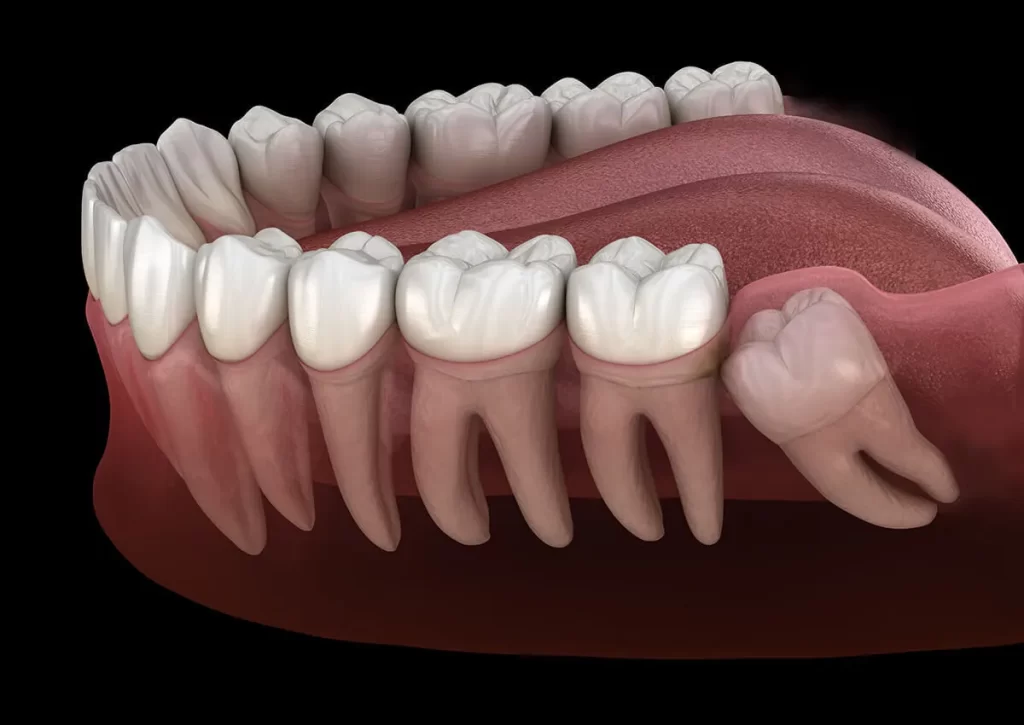
At the core of oral health lies wisdom teeth extraction, a procedure that can significantly impact your overall well-being. Here are six key reasons why this procedure is crucial for most people:
- Preventing Impacted Teeth: Wisdom teeth, often the last to emerge, can become trapped beneath the gums due to lack of space. This can lead to pain, infection, and even damage to adjacent teeth.
- Avoiding Misalignment: As wisdom teeth come in, they can exert pressure on existing teeth, leading to misalignment. This can undermine the effects of previous orthodontic work.
- Maintaining Oral Hygiene: The location of wisdom teeth at the back of the mouth can make brushing and flossing challenging, increasing the risk of cavities and gum disease.
- Preventing Cyst Formation: Cysts can form around impacted wisdom teeth, potentially damaging bone and surrounding structures.
- Eliminating Discomfort: Wisdom teeth often cause pain and discomfort as they try to emerge, affecting your daily life and well-being.
- Preserving Bone Health: Impacted wisdom teeth can lead to the degeneration of surrounding bone, impacting the integrity of your jaw.
A Startling Fact: Wisdom Teeth Extraction by the Numbers

You’re not alone in considering wisdom teeth extraction. Millions of individuals undergo this procedure annually. In fact, around 85 percent of people require wisdom teeth extraction at some point in their lives. This statistic underscores the prevalence of wisdom teeth-related issues and highlights the importance of addressing them for long-term oral health.
Taking Flight After Extraction: A Timely Recommendation
If you’re planning to travel for dental care, timing matters. After wisdom tooth extraction, it’s generally advised to wait 24 to 48 hours before boarding an airplane. This precaution allows your body the necessary time to initiate healing and minimizes the risk of complications during your journey.
Guidance Beyond Extraction: Post-Op Care
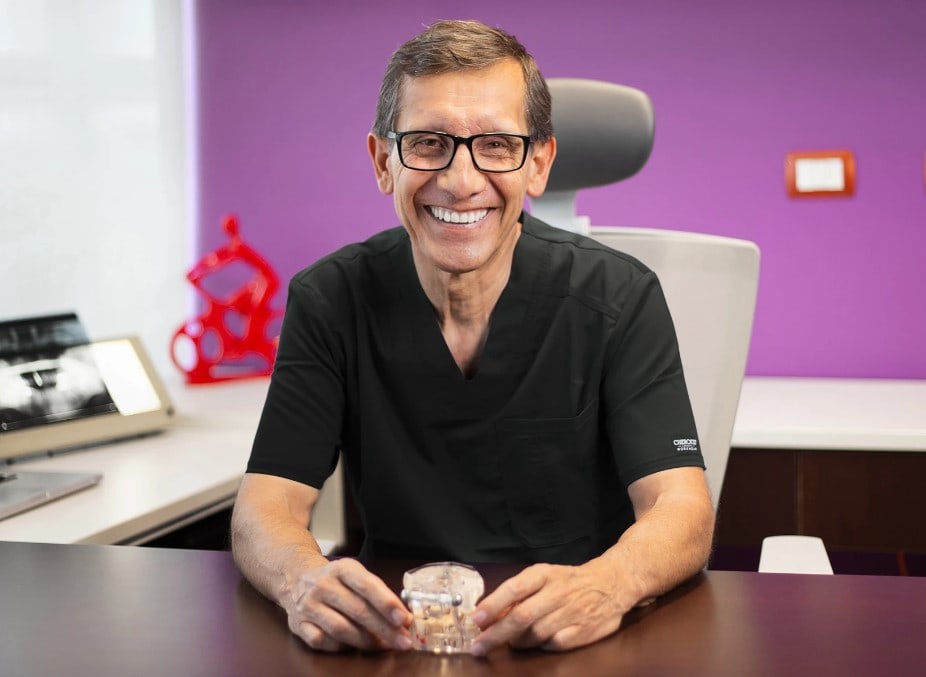
At Guatemala Dental, we’re dedicated to your well-being not just during the procedure, but afterward as well. That’s why we provide a comprehensive guide to post-operative care to ensure a smooth recovery. Following these guidelines will promote healing, reduce discomfort, and enhance your overall experience.
Personalized Care: Beyond Statistics and Numbers
While the 85 percent statistic may seem substantial, we believe in treating each patient as an individual. At Guatemala Dental, our approach involves a thorough examination to determine if wisdom tooth extraction is the best course of action for your unique circumstances. Your oral health journey begins with a tailored consultation, where our bilingual staff will address your concerns, explain treatments clearly in English or Spanish, and provide the highest level of patient care.
Crafting Your Perfect Smile: Your Next Step Towards Healthier Living
As you embark on your journey towards optimal oral health, remember that Guatemala Dental is your partner every step of the way. From personalized consultations to cutting-edge technology, we’re dedicated to crafting your perfect smile. Contact us today through the contact form below or reach out via one of the convenient options in the sidebar to take the next step towards a brighter, healthier future.
For more information, visit the following links:
Do you need wisdom tooth extraction (or a different treatment)?
Contact us now and schedule a consultation with our dental experts.
Disclaimer: The information provided in this blog is for educational purposes only and should not be substituted for professional dental advice you receive on an individual basis. Please consult with our qualified dentists for personalized recommendations.

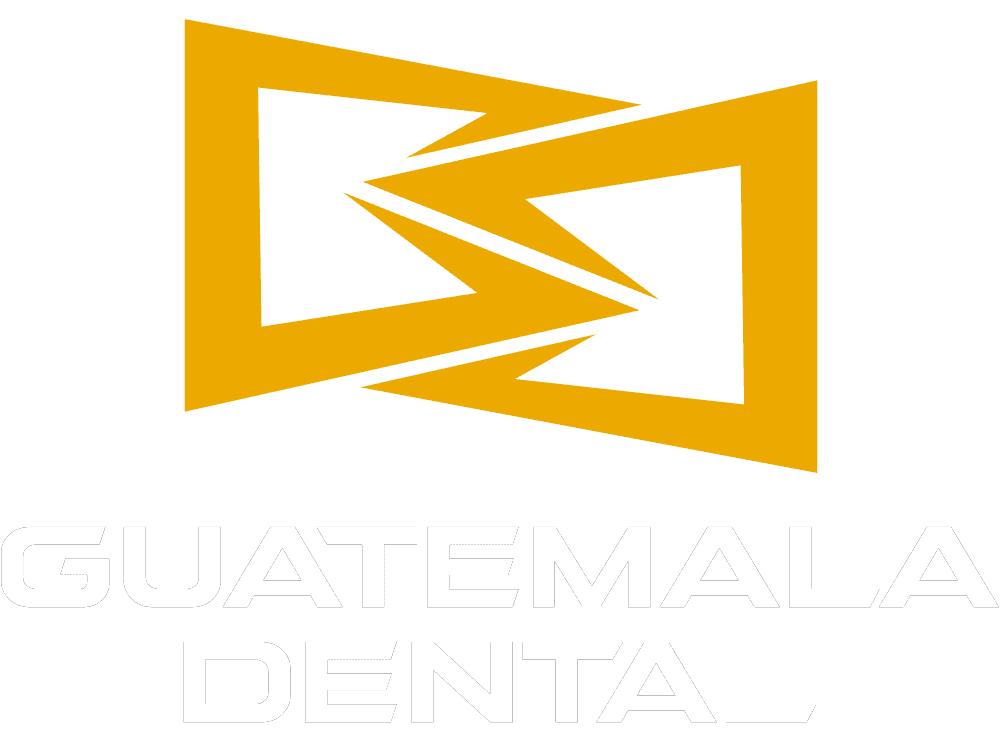


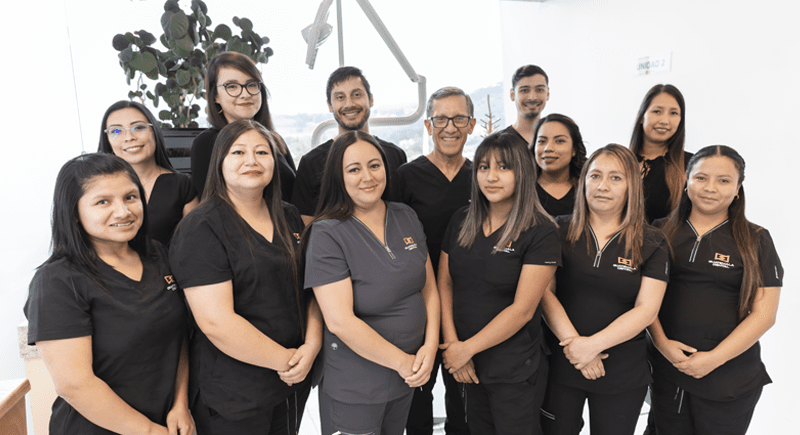



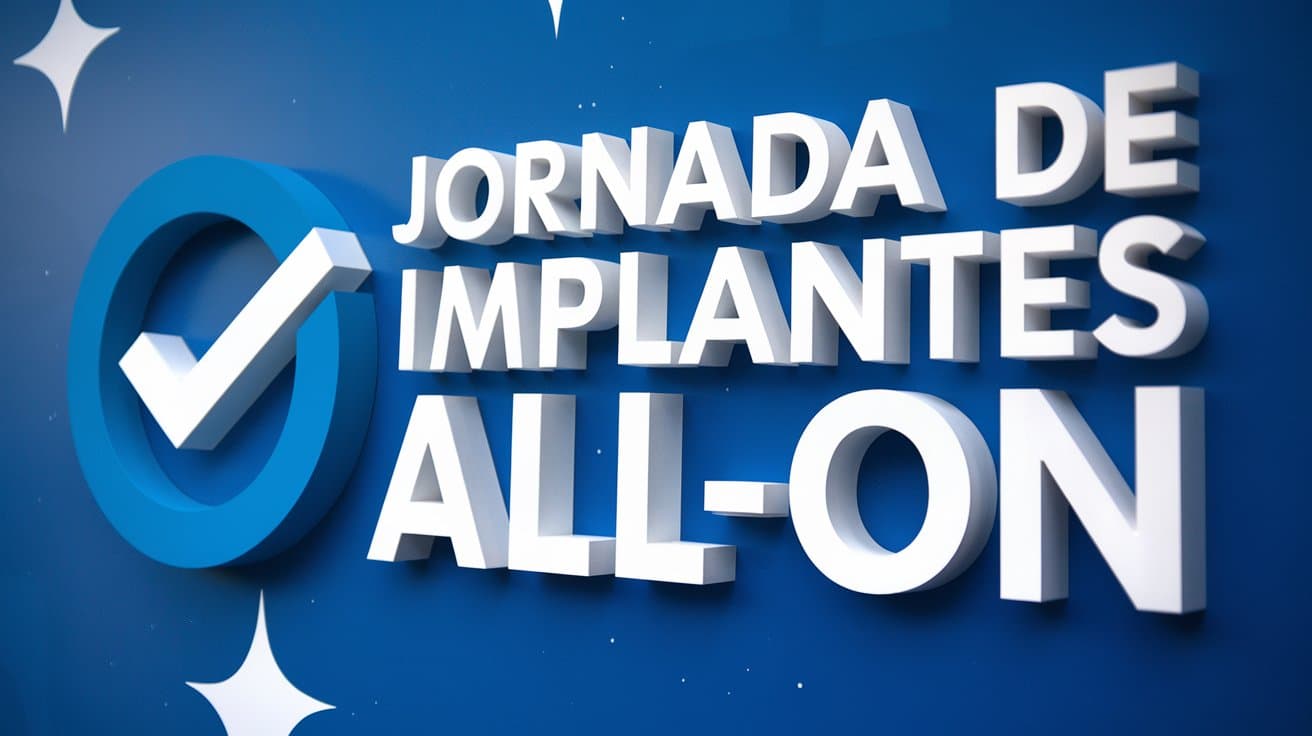
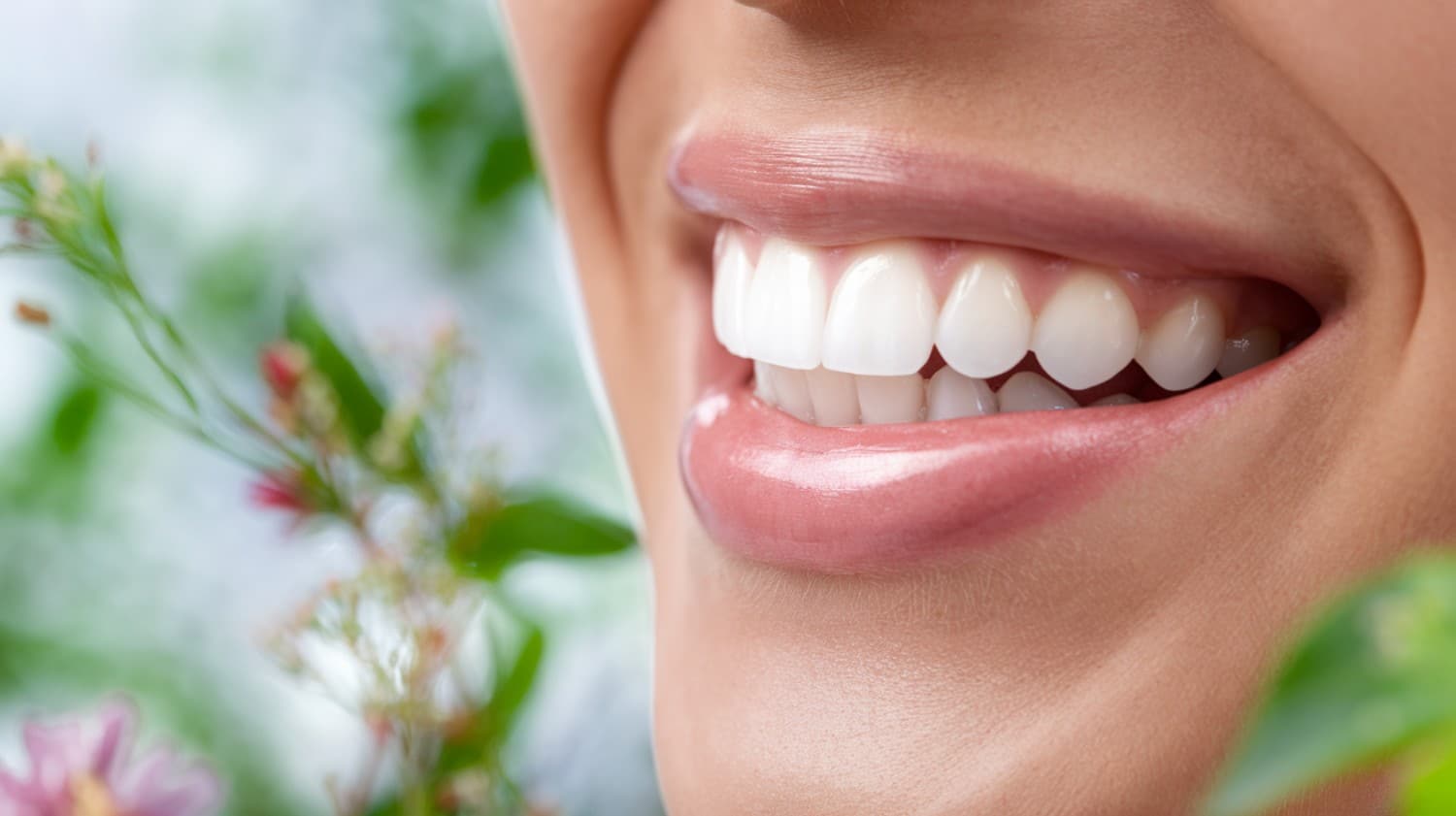

0 Comments